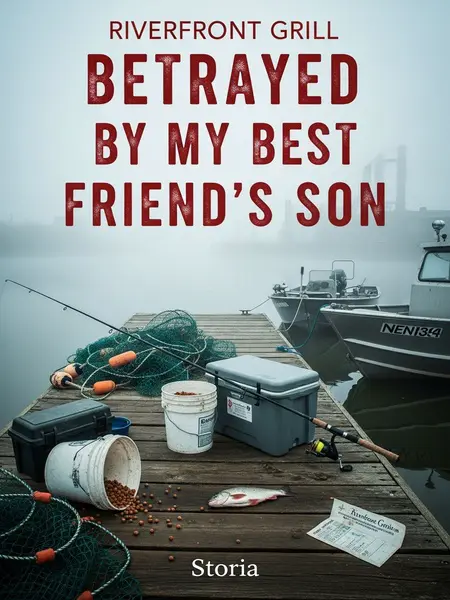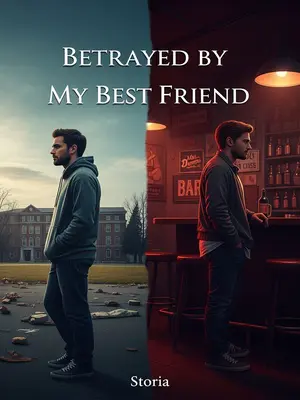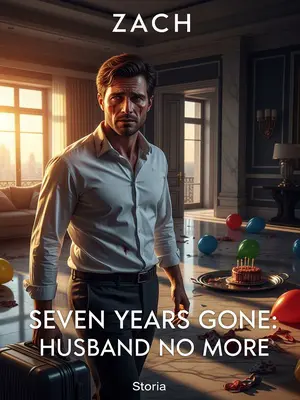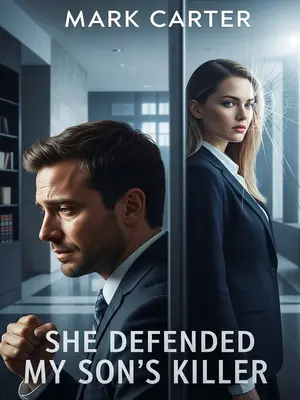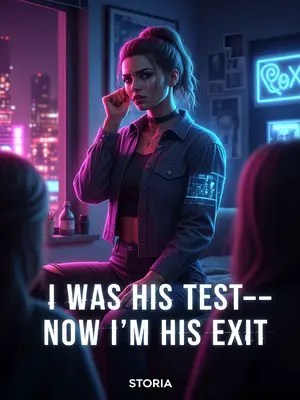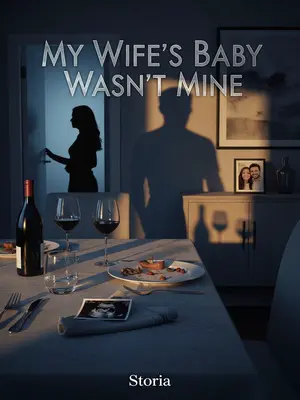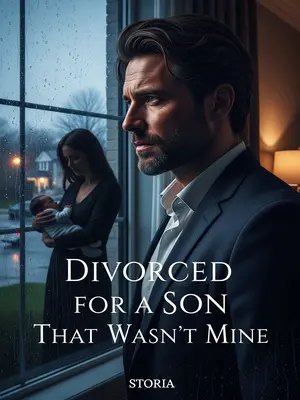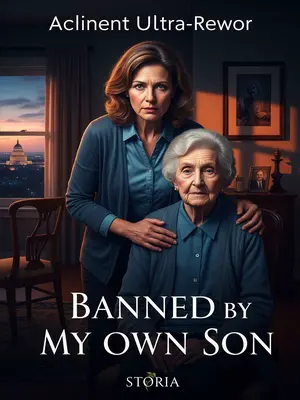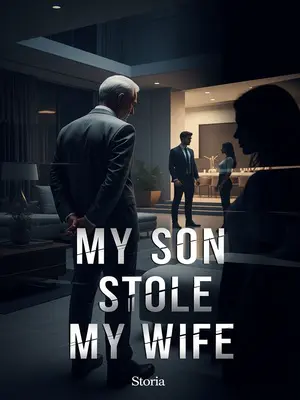Chapter 2: Old Friends and New Enemies
Under the blazing sun, sweat soaked through my shirt.
It was late morning, and the air was already thick enough to choke on. I could smell the river, tangy and alive. My shirt clung to my back as I bent over the buckets, wiping a bead of sweat from my brow with the back of my hand. Every few seconds, I’d glance up the alley, hoping for a sign of movement from the kitchen door.
Looking at the striped bass in the buckets, I saw a few had already turned belly-up from lack of oxygen.
Their silver bellies flashed in the sunlight, scales dulled by the heat. I felt a pang—these fish were more than product; they were the result of months of careful work, of 4 a.m. feedings and late-night water checks. Each one lost was money out of my pocket, sure, but also pride slipping away, one fin at a time.
My heart ached, and I couldn’t help but urge Marcus, the manager at Riverfront Grill, again.
I could see Marcus inside through the screen, nervously checking his phone, sweat stains spreading under his arms. I rapped on the door again, louder this time.
“Hurry up and get these inside and hook up the aerator, or all these buckets of fish will die.”
“Or just give me a straight answer—if you don’t want them, I can still take them back in time.”
But he just stalled, neither moving the fish in nor letting me leave.
He kept fidgeting with his apron string, his eyes darting everywhere but at me. The sense of unease was growing. It was like he’d been given orders to stall, and I was being sized up for something I couldn’t yet see.
“Mr. Bennett, pan-seared striped bass is our signature dish. We serve dozens every day at lunch, so we definitely need these fish.”
“It’s just that the boss specifically said he has to inspect today’s fish himself before accepting them. We underlings can’t make that call.”
He offered me a Marlboro, acting humble, but still stood in front of the buckets, blocking the way.
I could almost taste the nicotine in the air as he held out the pack, a peace offering that didn’t quite land. The memory of late-night smoke breaks after a long haul flashed through my mind, but this felt different—forced, almost rehearsed.
What Marcus said was possible—sometimes they had important guests and needed to check the fish quality.
I’d heard it before—a big-shot critic in town, or the food inspector dropping by. Still, it wasn’t like Tom Caldwell to keep me hanging. Usually, I’d be halfway home by now, the back door swinging open for the next delivery.
But after so many years working together, I’d always picked the biggest and best striped bass for them.
It was my silent promise—Riverfront Grill always got the prize catch. No cutting corners, not for Tom.
Even if I didn’t make much on a delivery, for the sake of our partnership and my reputation, I never tried to pass off inferior fish.
My word was everything in this business. The local seafood guys joked that you could set your watch by Old Ben’s sunrise delivery, and I took pride in never letting anyone down.
Yet I was still treated with such suspicion.
It gnawed at me—after all this time, was I really just another vendor to them? The hot breeze carried the faint smell of fryer oil and hush puppies out into the alley, reminding me of simpler days.
Thinking of this, my face darkened.
I tried to mask the irritation, but I could feel the muscle in my jaw working. In my head, I was already running through options—who else might want today’s catch? How far could I drive before the fish were beyond saving?
I refused his cigarette, paced anxiously around the buckets, and kept calling the restaurant owner, Mr. Caldwell.
My phone was slick with sweat, and my thumb kept slipping as I dialed. I checked my watch—almost noon. If the lunch rush started and these fish were still in the sun, there’d be no saving them.
But every time, his phone went straight to voicemail.
The empty buzz of the voicemail greeting echoed in my ear. It was the kind of silence that told you you weren’t getting an answer today, maybe not ever.
It wasn’t until the restaurant opened for business that a shiny Cadillac pulled up out front.
The sight of that new black Escalade rolling up to the curb made me wince. The chrome gleamed in the sunlight, a clear sign that business had been good lately. The tires crunched over the gravel as it rolled to a stop, just out of reach of the dumpster’s shadow.
Only then did I see Mr. Caldwell’s son, Tyler Caldwell, lumber out of the car, his big belly leading the way.
Tyler’s polo shirt strained at the buttons, and he wore that air of untouchable confidence you see in guys who’ve never had to hustle a day in their lives. He wiped sweat from his brow with the back of his hand, sunglasses perched on his head like a crown.
I hurried over and pulled him toward the buckets.
I forced a smile, motioning for him to take a look, hoping for a quick resolution. The tension in my shoulders wouldn’t let up. I could feel my own patience fraying at the edges.
Luckily, though the bass were low on oxygen, their gills were still moving.
I knelt to check a few—one flicked its tail, another gulped for air. There was still time, but not much. A few more minutes, and I’d be out a whole day’s catch.
It was my own carelessness. Normally, I’d leave right after delivery and settle accounts at the end of the month. I’d never run into a situation where I wasn’t let in, so this time I hadn’t brought an aerator.
Most days, the process was clockwork: I’d unload the fish, share a quick joke with Marcus or Tom, and be on my way, invoice in hand. Today, that routine had been blown to pieces, and I was paying the price for letting my guard down.
“Tyler, I picked all these fish myself today—each one over four pounds, top-quality large striped bass.”
“Take a look. If there’s no problem, have someone bring them in so lunch service isn’t delayed.”
I spoke anxiously.
The words tumbled out faster than I’d meant. I could hear the worry in my voice and hoped he couldn’t. The last thing I wanted was to look desperate in front of Tyler.
I’d worked with his father, Tom Caldwell, for nearly twenty years. I’d watched Tyler grow up.
I remembered when he was a little kid, trailing behind his dad, eyes wide with wonder every time I brought in a fresh catch. He used to call me Uncle Ben and beg for a ride on my old Jon boat. Now he barely acknowledged me.
When he was little, he’d tug at my sleeve, begging me to take him out on the boat to help catch fish.
He’d talk nonstop about wanting to be a fisherman, the river running through his veins, or so he said. Funny how quickly people change when money gets involved.
But now, Tyler just shot me a sideways glance, dodging my hand.
There was no warmth left in his eyes—just calculation. He didn’t even bother with small talk, just checked his phone and tapped his foot like he had somewhere better to be.
He tapped the fish bucket with his toe.
Because of the lack of oxygen, the fish weren’t swimming as lively as before.
One fish tried to flip, its movement slow and feeble. I saw Tyler wrinkle his nose in disgust. If he’d ever had respect for this work, it was gone now.
“Most of your fish are already dead.”
“By regulation, we can’t accept fish like this.”
“But since you’ve called my dad ‘uncle’ for so many years, I can’t let you go home empty-handed.”
“Five bucks a pound. Bring them in.”
He tossed the offer out with a shrug, as if he was doing me a favor. The condescension was thick enough to choke on.
Marcus agreed and was about to move the buckets, but Tyler stopped him.
“They’re fish sellers. They rely on us for a living, so they should deliver to our door.”
Then he jerked his chin at me: “Hurry up and move them. Don’t hold things up.”
He didn’t even wait for my response—just turned and lit a cigarette, blowing smoke over his shoulder as if the conversation was already over.
